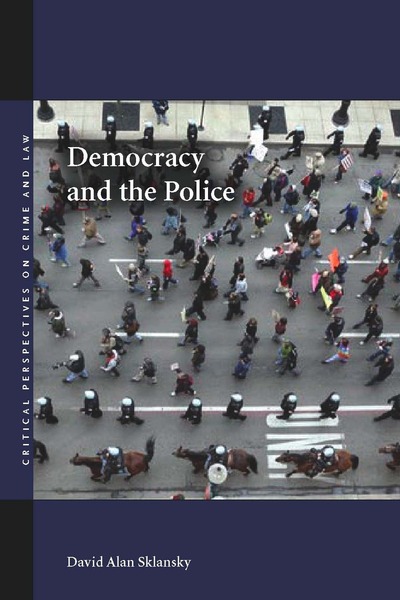

Each lawmaker was removed from their committee assignments following last week’s demonstrations.Įach of the resolutions said the lawmakers “did knowingly and intentionally bring disorder and dishonor to the House of Representatives,” saying they “began shouting without recognition” and “proceeded to disrupt the proceedings of the House Representatives” for just under an hour Thursday morning. The three lawmakers led a protest on the House floor last Thursday without being recognized, CNN affiliate WSMV reported, and used a bullhorn as demonstrators at the Capitol called on lawmakers to take action after the shooting at the Covenant School in Nashville left three 9-year-olds and three adults dead. Cheney Orr/ReutersĪfter surviving her vote, Johnson, who is White, was asked why there was a difference in the outcome for her and Jones, who is Black-Filipino.”It might have to do with the color of our skin,” she said. Justin Jones carries his name tag after a vote at the Tennessee House of Representatives to expel him. Protesters upset with inaction on gun violence reform after a deadly mass shooting at a Nashville school again flooded the state Capitol on Thursday as the session to vote on the expulsions – a step the state House has taken only twice since the 1860s – was to begin.ĭuring the debate over his expulsion, Jones said: “We called for you all to ban assault weapons and you respond with an assault on democracy.” Expulsion from the House requires a two-thirds majority of the total membership. Justin Jones split along party lines 72-25, while the vote in Rep. The crowd in the gallery erupted in boos and chants following both expulsions and loud cheers when the vote count turned up just short in the bid to oust Rep. Markus D.In an extraordinary, emotionally charged session marked by tense exchanges and punctuated by boos and chants from onlookers, Tennessee’s Republican-controlled House of Representatives voted to expel two Black lawmakers – but failed to oust a third representative – a week after the three Democrats led a gun reform protest in the chamber. The book will play an important role in the much needed reassessment of American penality after the denouement of the war on crime in light of established principles of political legitimacy." "In this timely and thoughtful book, Sklansky displays a masterful command of a remarkable range of disciplines, including political theory, constitutional criminal procedure, and police studies. Joh, University of California, DavisSchool of Law This is a much welcome addition to the policing literature." Policing, as Democracy and the Police explains, is not only a public service subject to instrumental analysis about crime and clearance rates it manifests our commitment to democratic values. "Professor Sklansky provides a carefully argued account of what "democratic policing" means, one that avoids overly simplistic explanations of a one-to-one relationship between a particular democratic theory and a policing strategy. In a post-9/11 US, these linkages have become even more salient, making this thought-provoking analysis particularly relevant." "Drawing on a rich background of democratic theory and criminal justice research, Sklansky skillfully probes the connections between democratic practices like popular participation and the police's charge to maintain societal order. By embracing the nuanced questions his subject raises, Professor Sklansky aids politicians and scholars alike in their ongoing endeavor to make the police truly democratic."

In this timely new book, Professor David Sklansky adds an original and insightful dimension to this continuing conversation. "The proper balance between freedom and security is an enduring struggle for any democracy. Quinney College of Law, University of Utah Democracy and the Police is a must-read for anyone interested in the perennial question: Who will watch the watchman?" Professor Sklansky's analysis of democratic policing is lucid and stimulating, providing a new vision that could help shape the public policy agenda of the twenty-first century. "David Sklansky is one of the nation's leading criminal justice scholars, and his new book offers a major contribution to the study of law enforcement and American self-governance.


 0 kommentar(er)
0 kommentar(er)
